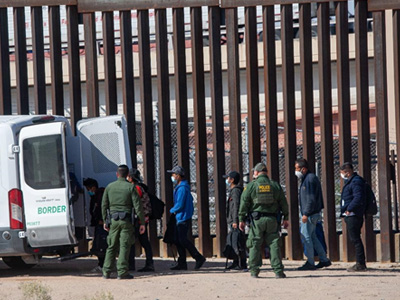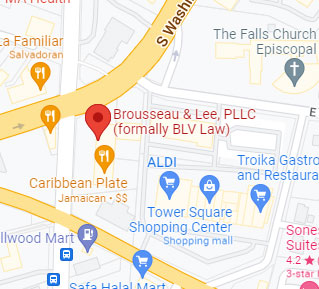 The only statutory requirement of the extreme hardship waiver of the joint filing requirement is that “extreme hardship would result if the conditional resident were removed.” This means that a conditional resident does not need to show that their marriage has been terminated or that it was entered into in good faith – they only have to show that going home would be incredibly difficult or dangerous.
The only statutory requirement of the extreme hardship waiver of the joint filing requirement is that “extreme hardship would result if the conditional resident were removed.” This means that a conditional resident does not need to show that their marriage has been terminated or that it was entered into in good faith – they only have to show that going home would be incredibly difficult or dangerous.
This waiver can be thought of as a catchall or fallback waiver. If you are not able to file a joint petition or any other waiver, you should speak with your immigration attorney about whether you are eligible to file in this category.
Qualifying For Extreme Hardship
While it may be easy to meet the threshold filing requirements, meeting the extreme hardship standard and persuading the USCIS to approve the waiver may prove very difficult.
USCIS regulations state that the extreme hardship must be due to factors that arose after the alien’s entry as a conditional permanent resident. What’s more, the conditional resident may rely only on factors that arose when they were in conditional resident status.
The Board concluded that the relevant period for analyzing hardship is only the two years of conditional permanent residence, so the end date for the period is the last day of the two years. As a result, anything occurring after the two years, (i.e., a child being born, a newly diagnosed illness, etc.), cannot be considered in the extreme hardship determination.
Finally, it’s important to note that there is no limit to whom the extreme hardship can result from. Presumably, the conditional resident could base an extreme hardship waiver on hardship not only to themselves and their immediate family, but also to extended family or the community at large.
You Must Prove Extreme Hardship
The USCIS clearly takes into consideration the fact that any removal from the United States will cause some hardship, but this waiver is only granted in cases where the hardship is extreme. For example, some instances of hardship that the USCIS will not consider to be extreme include:
- Not having a job in your home country,
- Having a lower standard of living in your home country,
- Being separated from your family,
- Facing cultural difficulties,
- And more…
Why This Waiver Works
The extreme hardship waiver benefits many conditional residents who need to file a waiver but cannot file jointly or in one of the other waiver categories.
In most cases, if a conditional resident can prove that the marriage was in good faith, they will be able to terminate it and file for the good faith waiver. If the conditional resident or their child suffered abuse or cruelty, they could use the battered spouse and child waiver.
Thus, the extreme hardship waiver will benefit those conditional residents who did not enter the qualifying marriage in good faith or who will not be able to prove the bona fides of the qualifying marriage.
Another practical use of the extreme hardship waiver may be for conditional resident children who obtained lawful resident status based on a parent’s fraudulent marriage but who did not themselves engage in marriage fraud.
Such children can claim extreme hardship based partly on having become acclimated and acculturated to life in the United States and on difficult situations occurring in their home country.
Whatever reason you may have for seeking a waiver, it’s important to speak with an attorney who can help you determine what the best path forward may look like for you.
With the guidance of a skilled attorney for Immigration Cases In Virginia, you can have the peace of mind that comes with knowing that we’ll make it look easy.
For more information on the Extreme Hardship Waiver, an initial consultation is your next best step. Then, get the information and legal answers you seek by calling (703) 249-9055

Call Now To Schedule A Consultation (703) 249-9055
